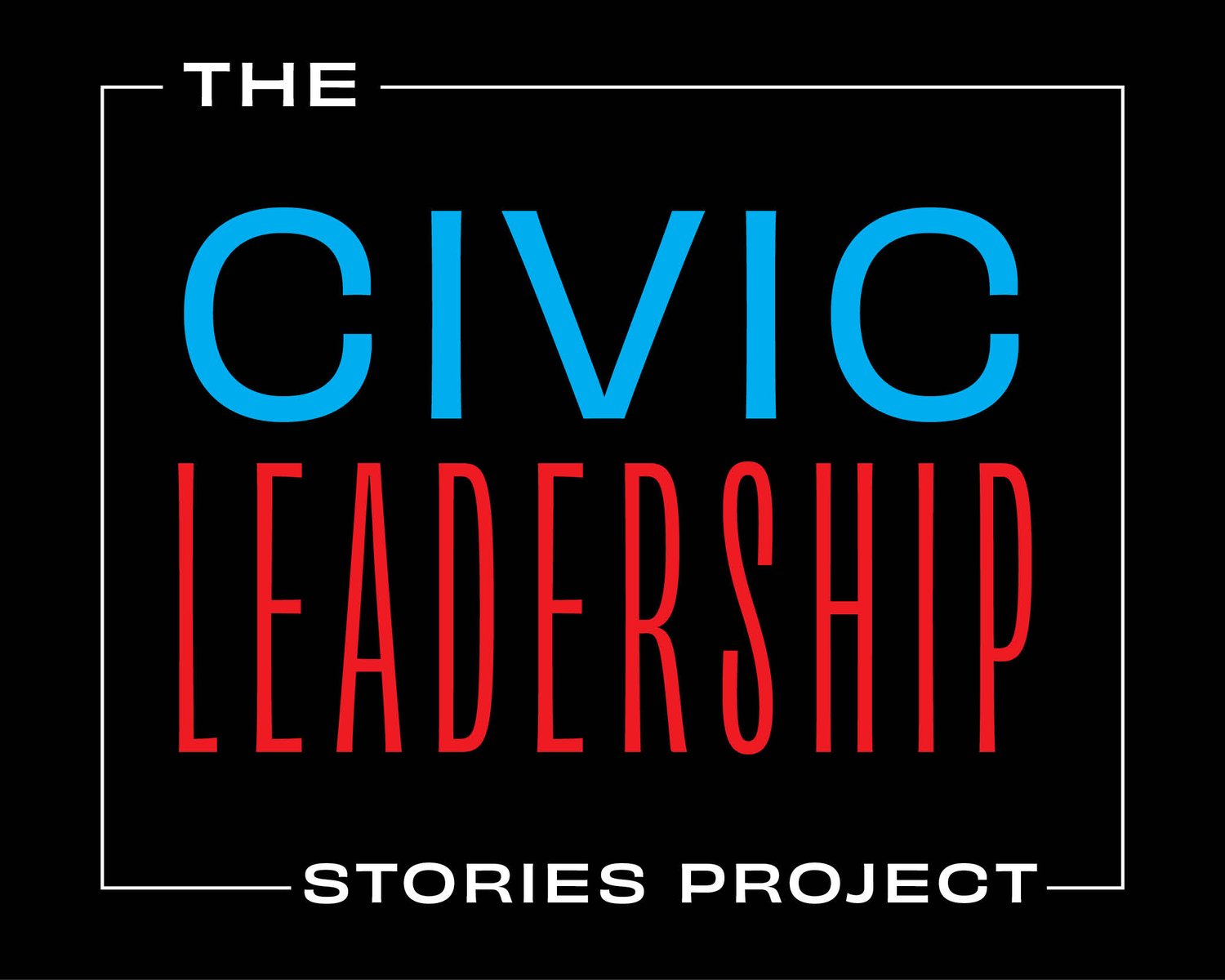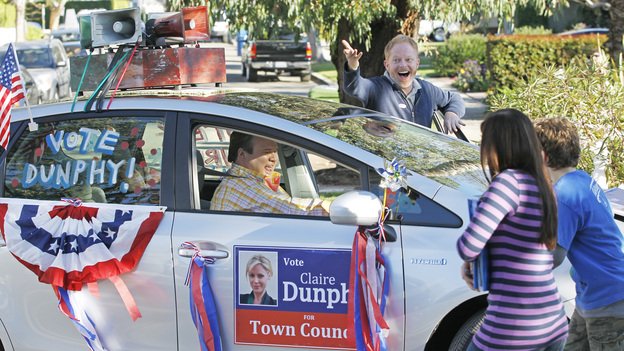About
A Crisis of Civic Leadership
We have entered a crisis of civic leadership at a time when it is most urgently needed to advance solutions around economic inequality, racial justice, healthcare, the climate crisis, migration, education, and more.
Good public leaders seem hard to find — on screen or off — and too few of us understand how our democratic institutions work or what we can do to make them better.
The nonpartisan Educating for American Democracy report found: “Dangerously low proportions of the public understand and trust our democratic institutions… the relative neglect of civic education is one important cause of our civic and political dysfunction.”
According to the Pew Research Center, only one in four Americans say they can trust the government in Washington. And only half of Americans think that “ordinary people can do a lot to influence the government.”
Why We Need New Civic Storylines
Research shows that entertainment media portrayals influence audience perceptions of government leaders as well as their opinions about democracy, politics, and policy issues like the environment or healthcare.
A study in Media Psychology found that “fictional narratives conveyed by books, movies, and — perhaps most importantly — television programs play an important part in everyday life and, therefore, in the socialization of children, adolescents, and adults.”
Media portrayals that predominantly spread cynicism and distrust toward civic leadership and public institutions can increase barriers to civic participation, including voting, advocacy and serving in government. These barriers can be even greater for communities of color, young people and others who already face significant obstacles to civic participation.
For example, we have seen in recent years the violent, dangerous spread of beliefs about fake government conspiracies. Such conspiracies have been popular storylines for decades. Research has shown that simply watching one film about a fictional government conspiracy makes audiences more susceptible to the belief that such conspiracies exist, “findings that have perverse implications for democratic governance.” The researchers concluded that “viewers can ‘learn’ anti-democratic messages” from fictional media.
Every storyline with a civic leader character – including on non-political shows – has the potential to influence audiences’ civic beliefs and engagement. Audience surveys have found that a majority of viewers say they have “taken some action based on something they had learned from a fictional movie or TV show.”
In addition, a research study found that viewers of Scandal, Madam Secretary, and The Good Wife “reported increased political interest and participation in rallies, circulation of petitions and/or calling of public officials.”
In this time when so many people don’t understand how politics and government work, accurate portrayals of government systems and leaders can help fill in the gaps so audiences are better equipped to make sure they are fairly represented.
The Civic Leadership Stories Project
The Civic Leadership Stories Project is engaging creators who want to tell stories about civic leadership and democracy that can show audiences untold stories about new generations of civic leaders who are:
Breaking stereotypes and barriers
Challenging unjust and broken systems
Building healthy and inclusive communities
These portrayals of civic leadership are not just for “political” shows and films but for all stories about people trying to make a difference in their communities.
These stories can inspire audiences to get involved with voting, advocacy, and public service.
There are so many unexpected, inspiring, and entertaining civic leadership stories just waiting to be told!



